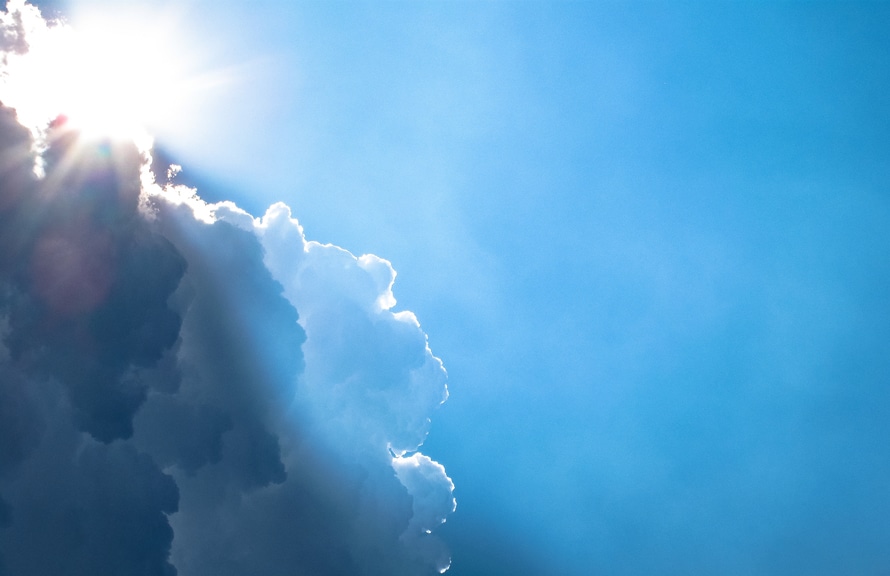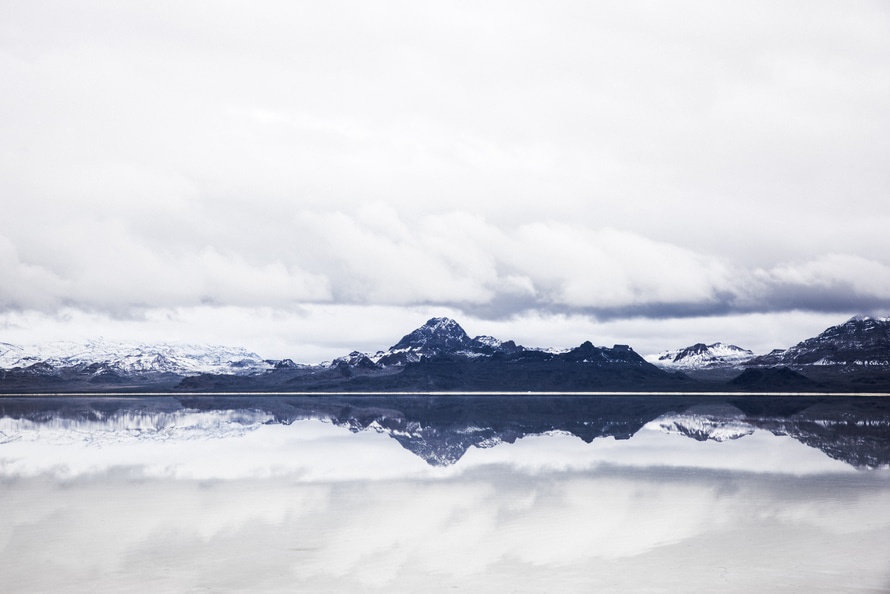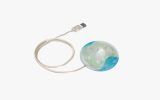We all know that the sun can cause huge amounts of damage to our complexion. Sitting out in the heat is all well and good but if you’re going to be exposed to UVA and UVB rays for long periods of time, you need to protect your skin in the right way. What, though, if there were even more ways that your skin could be affected by the sun? You can put yourself in the firing line even when you don’t realize it and by paying more attention to where you find yourself, you can cut down on damage, dramatically.
- Sitting At Your Desk
Thought that you were protected from the sun when you it inside? It might not always be the case. If your desk is situated next to a window, you are probably getting hit by damaging UVA rays which pass through the glass. What’s more, the glass can stop any vitamin D from filtering through the window, leaving you with all the damage and none of the benefits. To counteract this, apply an effective SPF everyday. You might not think you need it but over time, it can make all the difference.
- On Cloudy Days
You don’t always need to see sun to experience its damaging effects. Although a cloudy day might block physical sunlight, UV rays are only concealed by as much as 20 to 40%, meaning they are still reaching your skin when you’re outside. If it’s the height of summer, lather up with sunscreen regardless of the weather. Your skin will thank you for it later.
- In The Snow
Sun exposure doesn’t just hit you in the summer months and if the conditions are right, you can end up being hit by a whole lot more UV damage than you would have thought. Conditions like snow can be especially risky when it comes to the sun, even when it’s cold. Bright surfaces like snow can reflect up to 80% of the UV rays put forth by the sun, and they can even pass through glass. The higher your altitude, the greater the risk of UV damage, so make sure you protect yourself on your next winter vacation.






